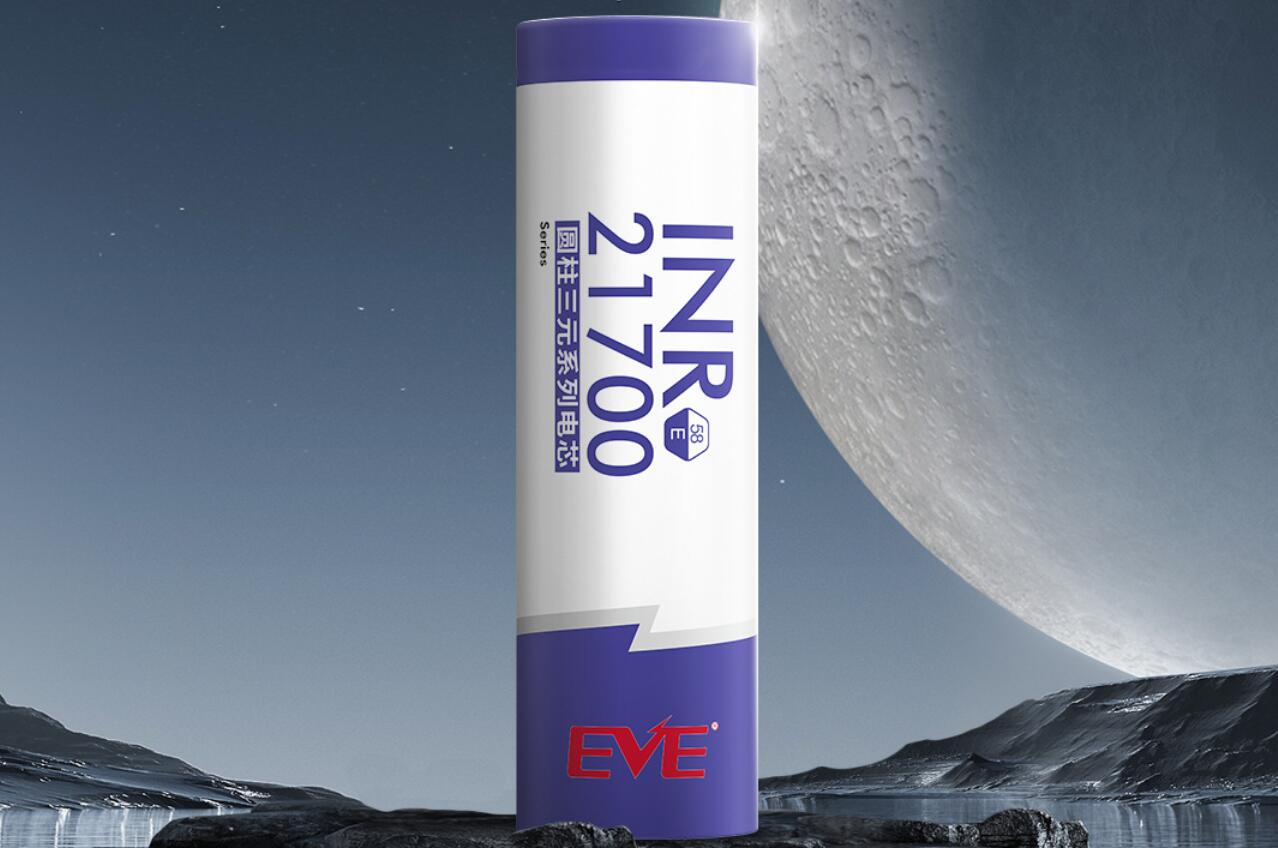With the price of battery-grade lithium carbonate falling back to around RMB 300,000 per ton, the cost advantage of sodium batteries is seen as no longer prominent.

The dramatic rise in lithium carbonate prices over the past few years has led many to look to the lower cost of sodium-ion batteries.
However, with the prolonged decline in the price of lithium carbonate, a key raw material for lithium-ion batteries, earlier in the year, the cost advantage of sodium-ion batteries is seen as having diminished significantly.
Battery-grade lithium carbonate surged in 2022, with prices once topping RMB 600,000 (84,400) per ton, and in this context, sodium-ion batteries were highly sought after, the Shanghai Securities News noted in a report today.
However, very few models are confirmed to carry sodium-ion batteries this year, with only Chery's iCar, Sehol E10X and Jiangling EV3 having been the few ones, the report said.
Meanwhile, the price of battery-grade lithium carbonate has fallen back to around RMB 300,000 per ton, and the cost advantage of sodium batteries is no longer prominent, the report said.
Lithium carbonate price in China rose to about RMB 600,000 per ton at one point in November 2022, about 14 times the average RMB 41,000 per ton price in June 2020.
After that, however, lithium carbonate price began to decline until a month ago, when it finally stopped falling.
Prior to April 21, lithium carbonate price had not seen a single day of gains in China this year, falling about 65 percent since the beginning of the year.
Battery-grade lithium carbonate today averaged RMB 305,000 per ton in China, while industrial-grade lithium carbonate stood at RMB 290,000 per ton, according to data from Mysteel.
The battery industry chain has been actively developing sodium-ion batteries in recent years, and currently has mass production capabilities, but the feedback from the demand side is not positive, the China Passenger Car Association (CPCA) said in a report on May 22.
Sodium-ion batteries are still in the early stages of industrialization, and their cost advantages cannot be fully exploited at this time due to controversial core technology routes, inadequate supply chain preparation, and immature production processes, the CPCA said.
Sodium-ion's abundant resource reserves are difficult to quickly translate into cost advantages, and when the cost of lithium iron phosphate batteries is rapidly declining, automakers are hardly motivated to choose to carry sodium-ion batteries in the short term, according to the CPCA.
Nevertheless, the development of the sodium-ion industry chain in China continues.
There are currently more than 35 sodium-ion battery manufacturers in China in the interim-testing stage, with another 50 or more in the lab stage, Shanghai Securities News said, citing data from local think tank GGII.
Companies able to provide samples are expected to exceed 20 in the first half of 2023, and more than five companies will achieve mass production of sodium-ion batteries in the second half of the year, according to the report.
The sodium-ion battery industry chain is not yet mature, and it will take at least two to three years for the industry to really move toward industrialization, said Chen Liangqin, director of local lithium battery maker Veken Technology, as quoted by Shanghai Securities News.
($1 = RMB 7.1032)
Battery-grade lithium carbonate price up by RMB 2,500 per ton
The post Cost advantage of sodium-ion batteries decreases as lithium prices fall appeared first on CnEVPost.
For more articles, please visit CnEVPost.

















